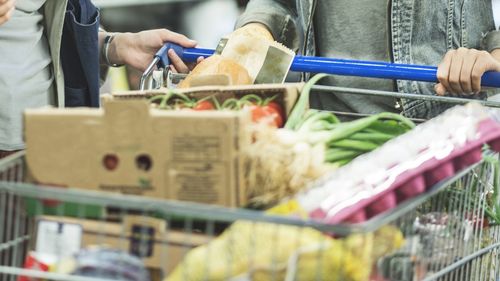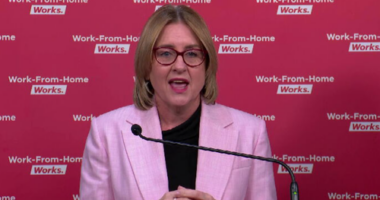Share this @internewscast.com

Many individuals are being forced to reduce their intake of protein-rich foods and fresh produce, which is taking a toll on their overall health.
A recent survey reveals that nearly 30% of those experiencing severe food insecurity have resorted to using buy-now-pay-later services or credit cards to afford groceries. Meanwhile, 12% have had to relocate to cheaper housing options.
Experts warn that immediate measures are necessary to address this crisis, which is impacting millions of Australians now and poses long-term challenges.
“For millions in Australia, essentials like food, shelter, and security remain elusive despite reports of economic recovery,” said Kylea Tink, CEO of Foodbank and a former politician.
She emphasized the need for increased investment in food relief efforts, alongside resolving the root causes of hunger such as housing affordability, income inequality, and tax policies.












